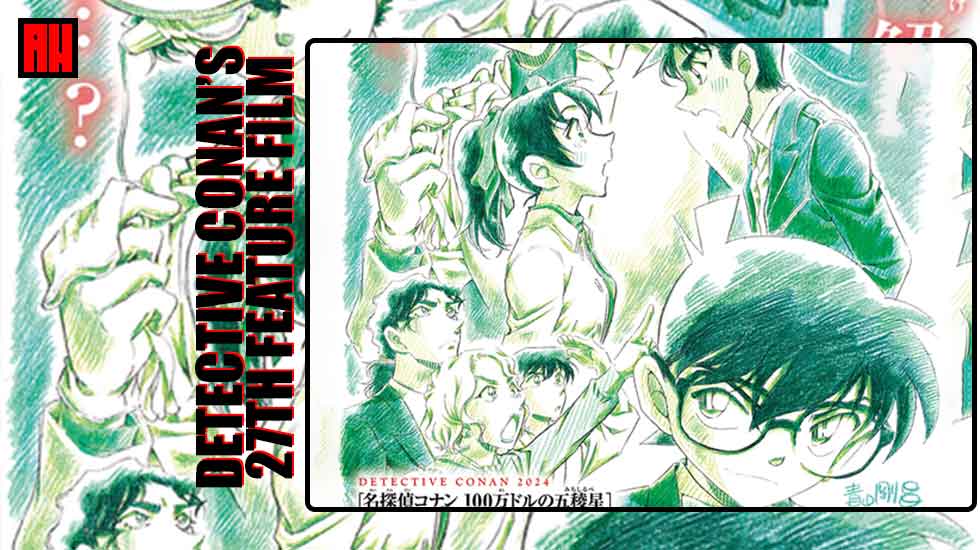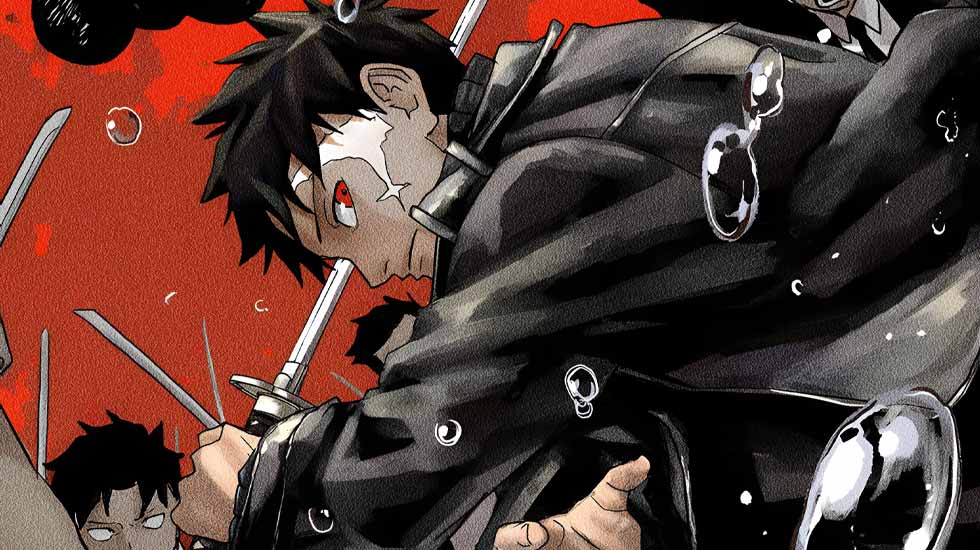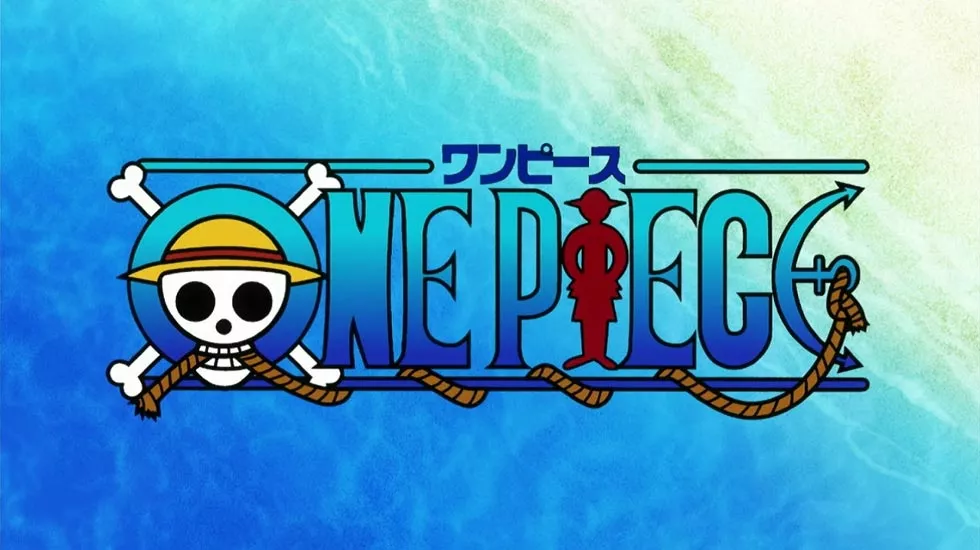In a press conference held at the Foreign Correspondents’ Club of Japan on June 22, 2023, prominent figures from the anime industry voiced their concerns and called for the abolition of the new Japanese invoicing system.
The meeting was organized under the banner of “Considering the Future of the Anime Industry,” and featured anime producer Masao Ueda, renowned voice actress Maya Okamoto, and animator Nishii Terumi, as they appealed to the authorities to safeguard Japan’s cultural export, “Cool Japan,” which they believed was under threat due to the new tax regulation.

The new invoicing system is set to begin in October 2023.
Masao Ueda emphasized the consequences the new system would have on the industry. He stated that according to latest data, 30% of the creators in the anime and manga industry say that they might go out of business if the invoice system starts.
This, Ueda explained, was because the invoice system was a tax system eroding the base of Cool Japan.
“The invoice system, which will be introduced this year, is a consumption tax system. In this system, someone among the three parties, i.e., tax-exempt entities, tax-payer entities, and consumers will always be responsible for the tax increase. It is a stealth tax increase that doesn’t involve a change in the tax rate.
Manga and anime, the bearers of Cool Japan, are produced by many people. But those who support the industry, the assistance, young voice actors and animators, almost all of them are tax-exempt businesses with annual sales of less than 10 million yen. If a new consumption tax burden is imposed on them, it is obvious, as seen in the survey result that they will have to close their businesses one after another,” said Ueda.
He was also of the opinion that “an industry without young talents will decline. Without assistants, manga cannot be created, and if the number of animators decreases, the production of anime works will dramatically decrease. The internationally acclaimed and popular content that everyone knows cannot be born without many creators who are still unknown. The actions of the Ministry of Finance are a suicidal act that shrinks anime and manga, which are cultural treasures of Japan and the flagship of Cool Japan, something that Japan takes pride in“.
Maya Okamoto recounting her experience of discussing Japanese anime while studying abroad in the United States, expressed her concerns, saying, “During my time in America, I felt an immense sense of pride in Japanese anime and manga on multiple occasions. However, now, with the invoicing system about to be implemented in Japan, we stand on the verge of losing our cherished pop culture. We must take action to prevent this from happening“.
Furthermore, she also shed light on the predicament faced by voice actors, explaining that despite being affiliated with talent agencies, the majority of voice actors operate as individual business owners. “Now, they are being compelled to choose between becoming taxed or exempt businesses. The reality is that 96% of them fall under the exempt category. Many individuals have unknowingly registered as taxed businesses, unaware of the consumption tax obligations. While this issue extends beyond the anime industry, it poses significant challenges“.
The decision to remain an exempt business may result in diminishing work opportunities, on the other hand, becoming a taxed business would require dealing with the cumbersome process of consumption tax.
Maya Okamoto went on to say that not everyone can afford tax accounts, and if one can’t, then they must invest their personal time into these matters. However, they wish to dedicate their time honing their skills.
According to her, the younger generation tirelessly works part-time jobs while striving to climb the ladder of success, and the invoicing system threatens to eradicate those who are climbing that very ladder.
“We are being forced to choose between options that are neither definitively right nor wrong. While one could continue as an exempt business, when faced with individuals possessing similar skills and age, companies may choose the easier route of assigning work to taxed businesses. As a freelancer like myself, they won’t openly state, ‘You’re not registered in the invoicing system,’ but if a problem arises, they quietly disappear. This is the most terrifying aspect. There are numerous individuals in such situations. Even if we were to approach the Fair Trade Commission, assistance is unlikely. I, too, am considering the possibility of leaving the industry. There is nothing positive about this situation,” Okamoto commented.
The press conference also shed light on the current state of animation production companies. Although precise data was unavailable, Ueda stated that a shortage of animators is a constant issue in the industry. Some companies have also expressed their desire to continue under the existing conditions, with the intention of building a good relationship with animators, even if the invoicing system begins.
“Smaller studios. on the other hand, feels like it would be less burdensome for them if animators became taxed businesses. However, they can see that they won’t be able to receive work if they choose that path. They will continue their operations as before. This is a temporary measure. Many people have determined that it would be difficult to continue in the same state as the drastic changes subside and the consumption tax increases further. It is an important issue for studios. In conclusion, it would be beneficial for both exempt businesses and studios to have the system itself abolished. However, there is a strong sense of resignation regarding ‘what has been decided.’ It’s unfortunate.“
The Cool Japan Fund, which started in 2013, is a public-private fund investing in Japanese cultural initiatives abroad, especially anime and manga initiatives around the world, as part of the Cool Japan program. At one point, the organization was a major shareholder in Sentai Holdings, LLC, the parent company of HIDIVE and Sentai Filmworks.
The Japanese government has pumped in over 106.6 billion yen (~ USD 789.6 million) in the Cool Japan Fund since its inception.
Cool Japan is a program supported by the Japanese government and various companies to promote Japan to the world, based on the idea that Japan’s international strength stems from anime, manga and other fields of Japanese culture.




















